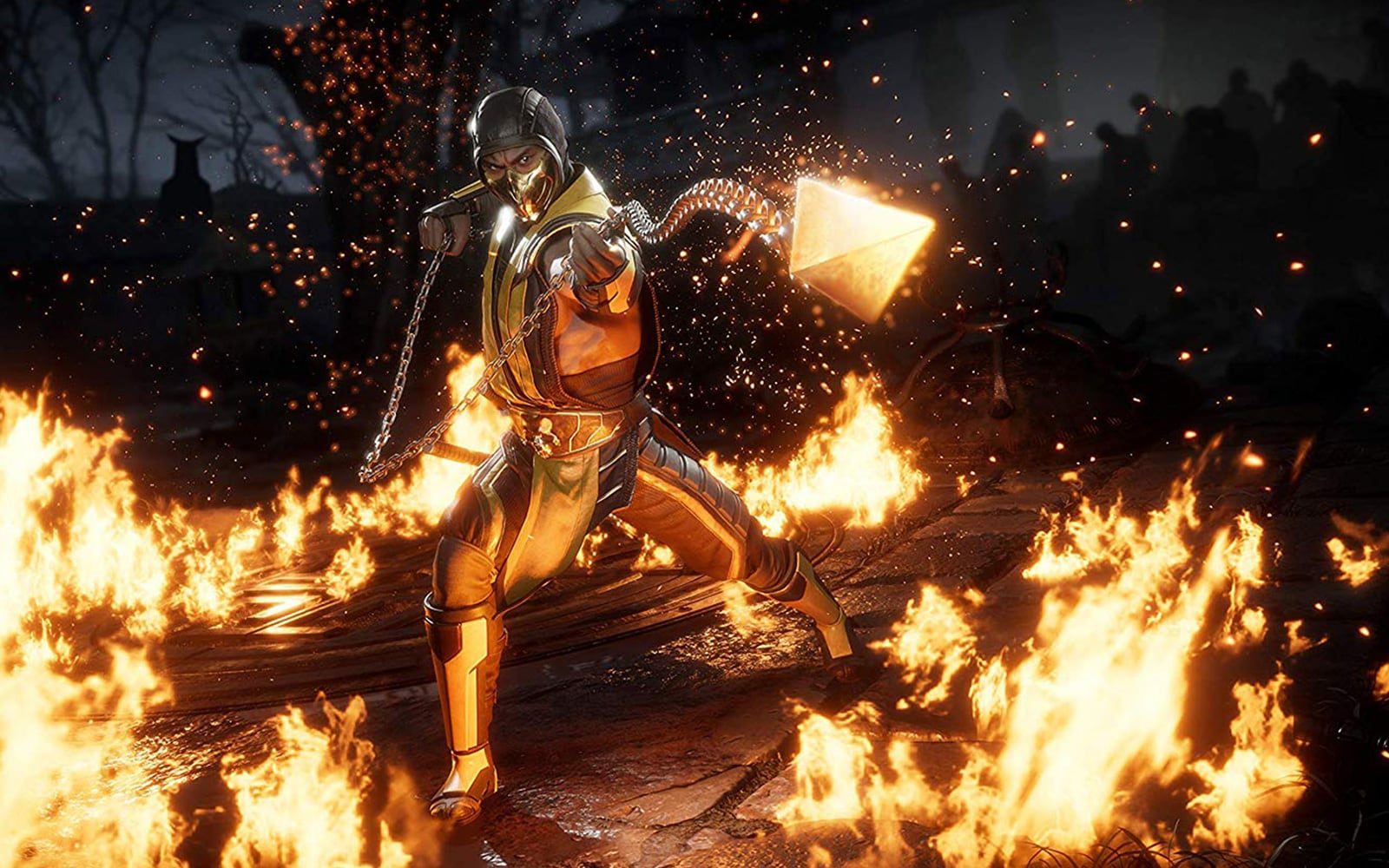How do violent video games affect their developers?

There have been plenty of articles written, studies ran, and arguments made concerning the effects (or lack thereof) of violent video games on the people who play them. But what about the people who make them?
Kotaku recently interviewed an anonymous developer who worked on Mortal Kombat 11 — the latest game in a franchise that’s (in)famous for its violent content, especially “fatalities” that allow players to dispatch their opponents in extremely gory and sadistic ways — concerning the effects that researching, designing, and programming the game’s violence had on them.
They told Kotaku that they had worked on the game throughout 2018, and spent their days reviewing violent animation work, discussing it with leads, sharing feedback with animators, and generally being surrounded by the kind of bloody real-life research material that creators reference in order to animate video game gore. Within a month, they started feeling the effects.
“I’d have these extremely graphic dreams, very violent,” they told Kotaku in a call. “I kind of just stopped wanting to go to sleep, so I’d just keep myself awake for days at a time, to avoid sleeping.”
Eventually, the developer says they saw a therapist, who diagnosed them with PTSD. They attribute this to their work on MK11 — not just the content of the game and having to process and discuss its violent cinematics frame by frame, but also being surrounded by the reference materials artists used for research.
“You’d walk around the office and one guy would be watching hangings on YouTube, another guy would be looking at pictures of murder victims, someone else would be watching a video of a cow being slaughtered,” they said. “The scary part was always the point at which new people on the project got used to it. And I definitely hit that point.”
When you play a game, it’s easy to dissociate yourself from the violence, for better or worse; it can become part of the game mechanics and just one more thing to get through while you achieve your gaming objectives. Plus, there’s the fact that you’re playing a game, and as such, getting all sorts of rewards (i.e., little shots of dopamine) when you complete certain tasks, be it leveling up, completing a mission, or splitting an opponent’s head open.
I’m not opposed to the idea of video game violence, any more than I’m opposed to movie violence — provided that said violence has a point, is not simply there for its own sake, and/or is trivialized. (For example, the John Wick movies, arguably some of the most violent action movies in recent memory, ameliorate the ultra-violence with a tragic gravitas and extremely stylized aesthetic, as opposed to, say, Jonas Åkerlund’s gratuitous Polar.)
However, and maybe this is just a sign I’m getting older, I’ve found media violence to become exceedingly tedious and boring in recent years. And of course, as my own kids get into video games, this issue of violence becomes all the more pressing. Because while I’m skeptical of claims that video game violence is instrumental in turning kids into murderers — I’m more concerned by factors like family dysfunction, bullying, mental illness, and unrestricted access to guns than I am by video games — there does exist content that my kids simply aren’t old enough to handle or process yet, and it would be irresponsible of me as their father to let them be exposed to it before they have the maturity necessary to handle it.
On a related note, Kotaku’s article reminds me of several other articles, one from The Verge and one from Wired, about the people that YouTube, Facebook, et al. hire to moderate and deal with inappropriate content (e.g., porn, hate speech, violence and gore) that’s posted on their systems. Both articles talk at length about the stress and trauma that content moderators experience as they’re exposed to a steady stream of vile content, from torture videos and suicide bombings to murders and animal abuse — and all because it’s their job.
All of these articles, Kotaku’s included, are good reminders of how easy it is to overlook or be ignorant of the human cost of the things we might enjoy, from video games to a (relatively) clean online experience. (I confess, I’ve never given a second thought to the trauma that video game developers might experience while making a game.) As I wrote back in February, there’s always a cost involved, even for something free like Facebook, “whether it’s your private information being gobbled up and sent to countless advertisers or the psychological and spiritual toll paid by those being exposed to the dregs of humanity in order to ensure that Facebook remains ‘safe’ and ‘clean’ for everyone else.”
I’d never tell people to boycott a game like Mortal Kombat 11. But maybe, just maybe, being a good citizen and responsible consumer means taking into account those less tangible costs when deciding what you’re going to support with your time, attention, and money.